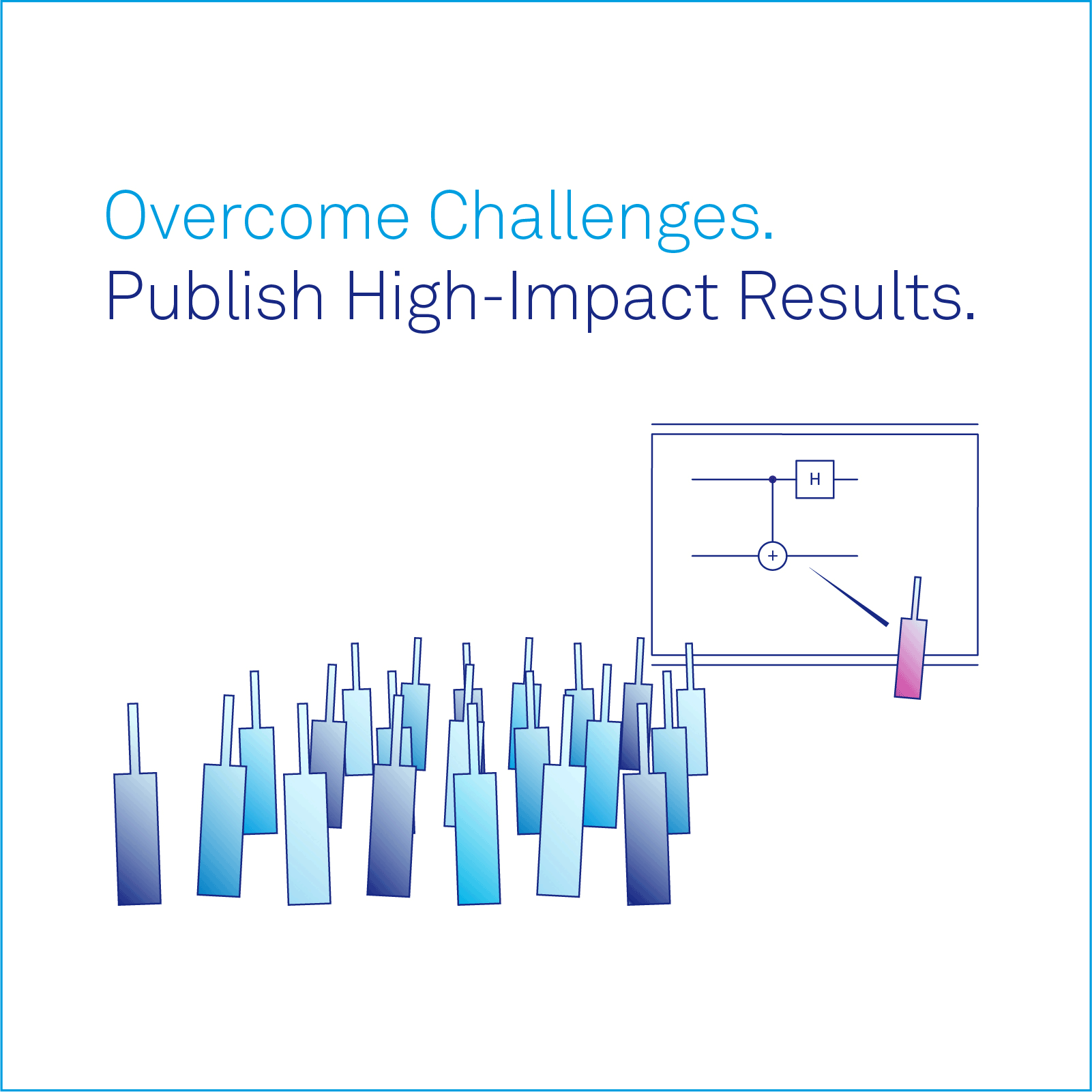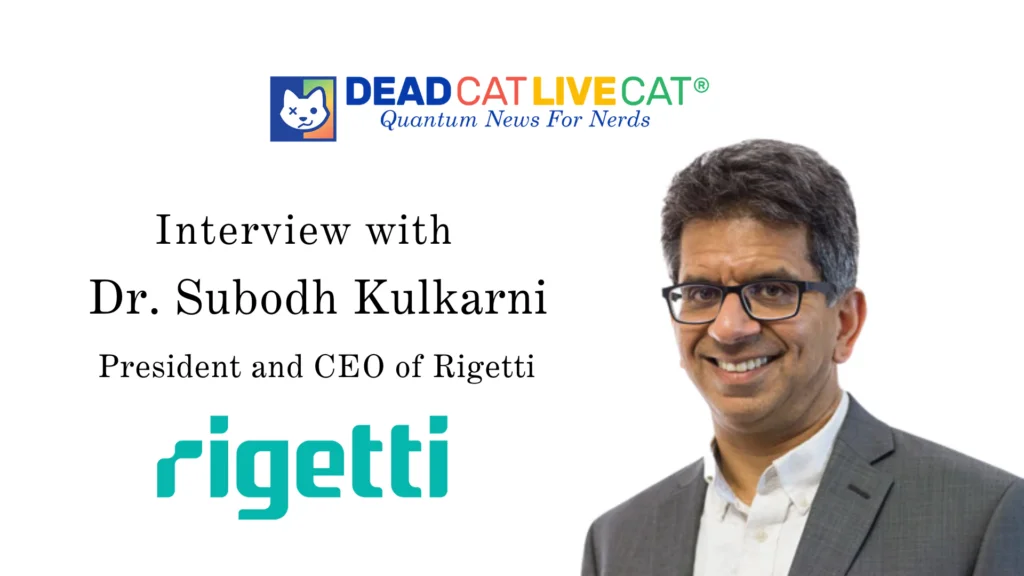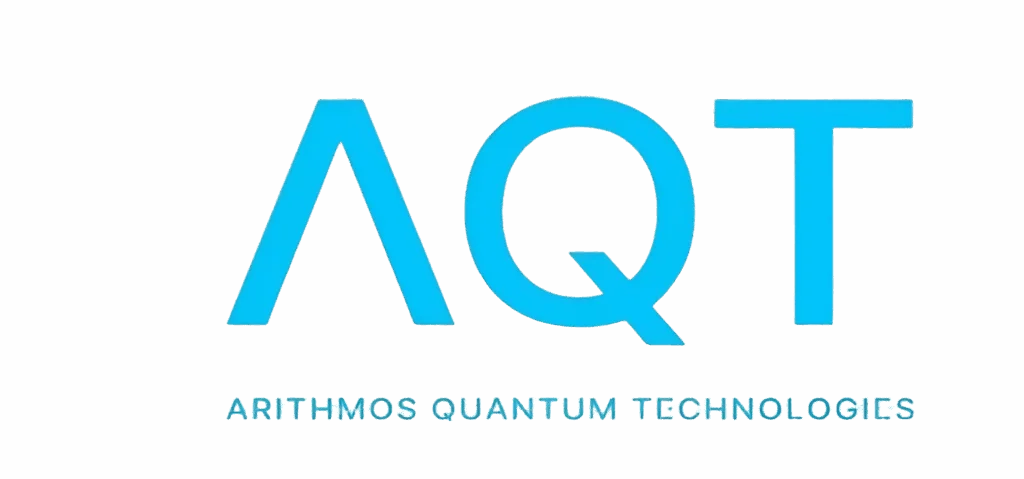Insider Brief
- Rigetti UK awarded an Innovate UK grant for a project using quantum computing to enhance machine learning in finance, partnering with AWS, Imperial College, and Standard Chartered.
- The consortium aims to combine quantum and classical computing to process complex financial data streams more efficiently, potentially outperforming current methods.
- The project, starting January 2024 and lasting 18 months, focuses on developing scalable quantum-enhanced algorithms for financial data analysis, with open-access implementation for wider industry and academic use.
PRESS RELEASE — Rigetti UK Limited, a wholly owned subsidiary of Rigetti Computing, Inc. (Nasdaq: RGTI) (“Rigetti” or the “Company”), a pioneer in full-stack quantum-classical computing, today announced that it was awarded an Innovate UK grant as part of the Feasibility Studies in Quantum Computing Applications competition. The consortium aims to use quantum computing to improve current classical machine learning techniques used by financial institutions to analyze complex data streams. Joining Rigetti in this work is Amazon Web Services (AWS), Imperial College London and Standard Chartered.
Financial institutions need to continuously interpret complex data streams to extract information necessary for providing accurate credit risk evaluation, managing market-making services, and predicting emissions in the context of green finance, among other things. Classical machine learning techniques used to assist and provide insights to these services have limitations as these data streams are, in general, complex. Combining quantum computing with classical machine learning methodology could offer more powerful resources for processing these data streams, given the potential for quantum computers to process some types of information more efficiently than with classical resources alone.
By leveraging Rigetti’s quantum computer and software, Standard Chartered’s datasets and classical benchmarks, Imperial College London’s expertise on classical machine learning models for data streams, and AWS classical high performance computing resources, the consortium will aim to address the following research objectives: (1) further develop quantum signature kernels and quantum-enhanced feature maps, (2) benchmark the results against classical machine learning methods for streamed data, and (3) build and study quantum algorithms for computing signatures and signature kernels for long and high-dimensional data streams efficiently.

The signature, a centerpiece of rough path theory, provides a top-down description of a stream that filters out local superfluous and noisy information of a stream while retaining essential information. Its algebraic and analytic properties make it a natural universal feature map for streamed data. Significant efforts have been made by members of the Imperial team to scale signature methods to high dimensional streams. One elegant solution is provided by signature kernels, which allows one to benefit from the advantages of working with infinitely many signature features without some of the concomitant drawbacks. Adding a quantum element has the potential to improve upon the classical signature kernel methods. These enhanced capabilities could provide a route to demonstrating a commercial application of quantum computing for finance and enable financial institutions to improve their efficiency through cost reduction and enhanced productivity.
“Developing quantum-enhanced machine learning solutions could enable financial institutions to use the full capability of NISQ-era computing, and has the potential to accelerate our work towards narrow quantum advantage, the point at which a quantum computer outperforms the best classical resources,” said Rigetti CEO Dr. Subodh Kulkarni. “Collaborating with leading UK financial institutions, AWS, and universities should give us the insight we need to advance the development of quantum applications for the finance sector, and many other industries with complex datasets.”
“The future of quantum computing will be built on the combination of quantum with classical compute infrastructure as part of a unified, cloud-based environment. This project is a great example of leveraging classical HPC resources with the aim to accelerate innovation in quantum machine learning algorithms – an important step as we move toward quantum advantage,” said Richard Moulds, general manager, Amazon Braket at AWS. “This initiative should not only benefit the finance sector, but could also encourage other industries to benchmark new machine learning models and continue to improve quantum algorithm performance.”
“Combining quantum technologies with rough paths techniques has the potential to produce more scalable signal processing algorithms for complex financial data streams. Making the implementation open access is crucial to ensure further development of these tools both in academia and industry,” said Dr. Cristopher Salvi, Lecturer in Mathematics and Machine Learning at Imperial College London. “The outcomes of our joint work can help strengthen the UK’s efforts in quantum computing research.”
“Quantum computing, like previous and current major advancements in technology, is poised to deliver extensive advantages while simultaneously causing significant disruptions to established business processes. This is why it’s important for companies to future-proof themselves by adopting this new technology from an early stage. Our collaboration with Rigetti, Imperial College London, and AWS gives us access to high-performance computational resources and quantum algorithm expertise that could strengthen our position as an industry leader in a future quantum-ready economy,” said Craig Corte, Global Head of Digital Channels and Client Data Analytics at Standard Chartered.
The project began on January 1, 2024 and will last 18 months.
For more market insights, check out our latest quantum computing news here.


















